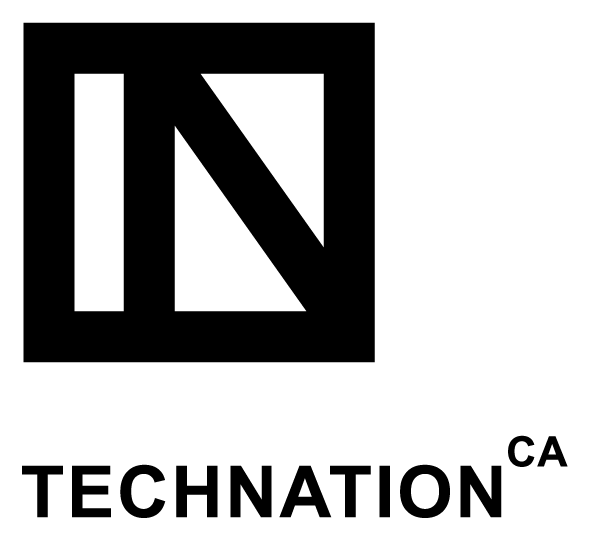Disease Prevention; Patient Engagement and Mobile Apps; Opioid Manager; Clean Data
Instructor: Karim Keshavjee
CEO, InfoClin; Medical Director, Aerus Technologies; Adjunct Professor, University of Toronto, Adjunct Assistant Professor, University of Victoria
Bold Ideas in Health Care: A New Health Currency for Disease Prevention
Doctors, nurses and hospitals are not paid to keep us healthy, but to treat our diseases. Yet, increasingly we are realizing that we should be preventing disease and focusing on health, especially amongst vulnerable populations that are at greatest risk. Using predictive analytics, disease risk scores and behavioral economics, it may be possible to focus on prevention in a sensible way. Come learn about a new currency called Health Coin that could solve this problem.
Opioid Manager --Addressing the Opioid Epidemic
The opioid epidemic is reaching crisis proportions. As many as 40% of patients treated with opioids are on a high dose that puts them at increased risk of an overdose. Yet, tapering patients off opioids is risky, difficult and time-consuming. Learn how a new Opioid Manager app makes it easier, faster and safer to taper patients on high dose opioids.
A Model for Patient Engagement through Mobile Apps
Not all patients are the same. Yet, we treat all patients with a particular disease the same as every other patient with that disease. Modern marketing methods use segmentation and clustering to identify consumers with similar characteristics so that they get more targeted services and companies achieve better profits. Can the healthcare system use the same methods to achieve better, more convenient and more customized patient care while lowering costs?
The Power of Clean Data
On Demand Coming Soon
Data, data everywhere, but not a byte to analyze. "Dirty data" in electronic medical records is creating a roadblock to effective use of data. The health care system has not been able to generate the same return on data that other industries are exploiting. New Machine Learning algorithms and AI are stepping up to make clean data more accessible. Learn how clean data is revolutionizing new mobile tools, greater accuracy in risk prediction and predicting high use of the healthcare system --without forcing doctors to enter structured data.









